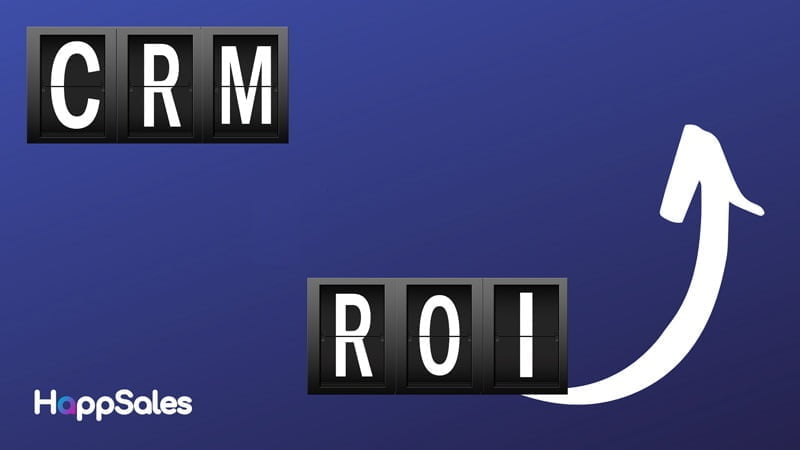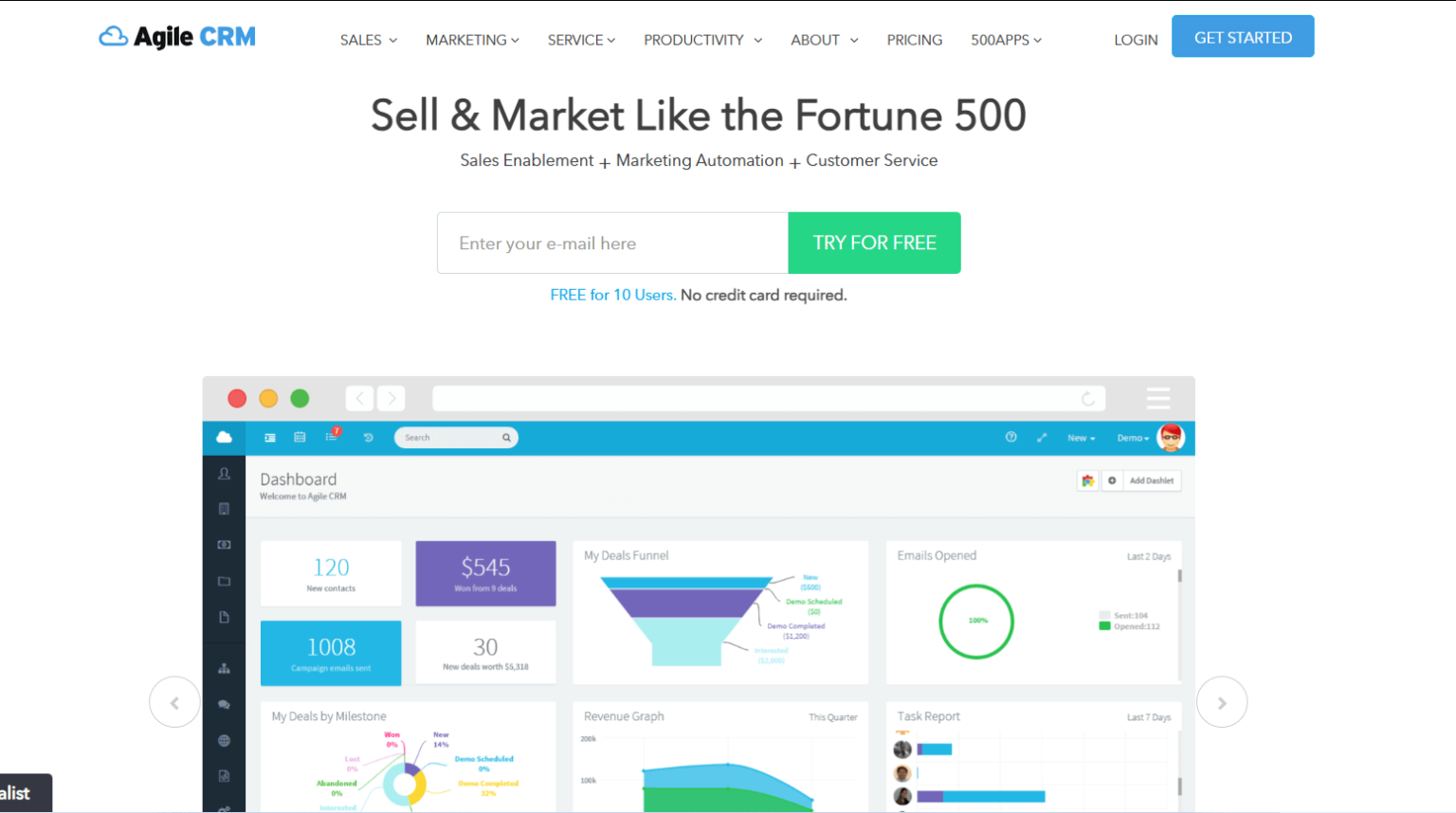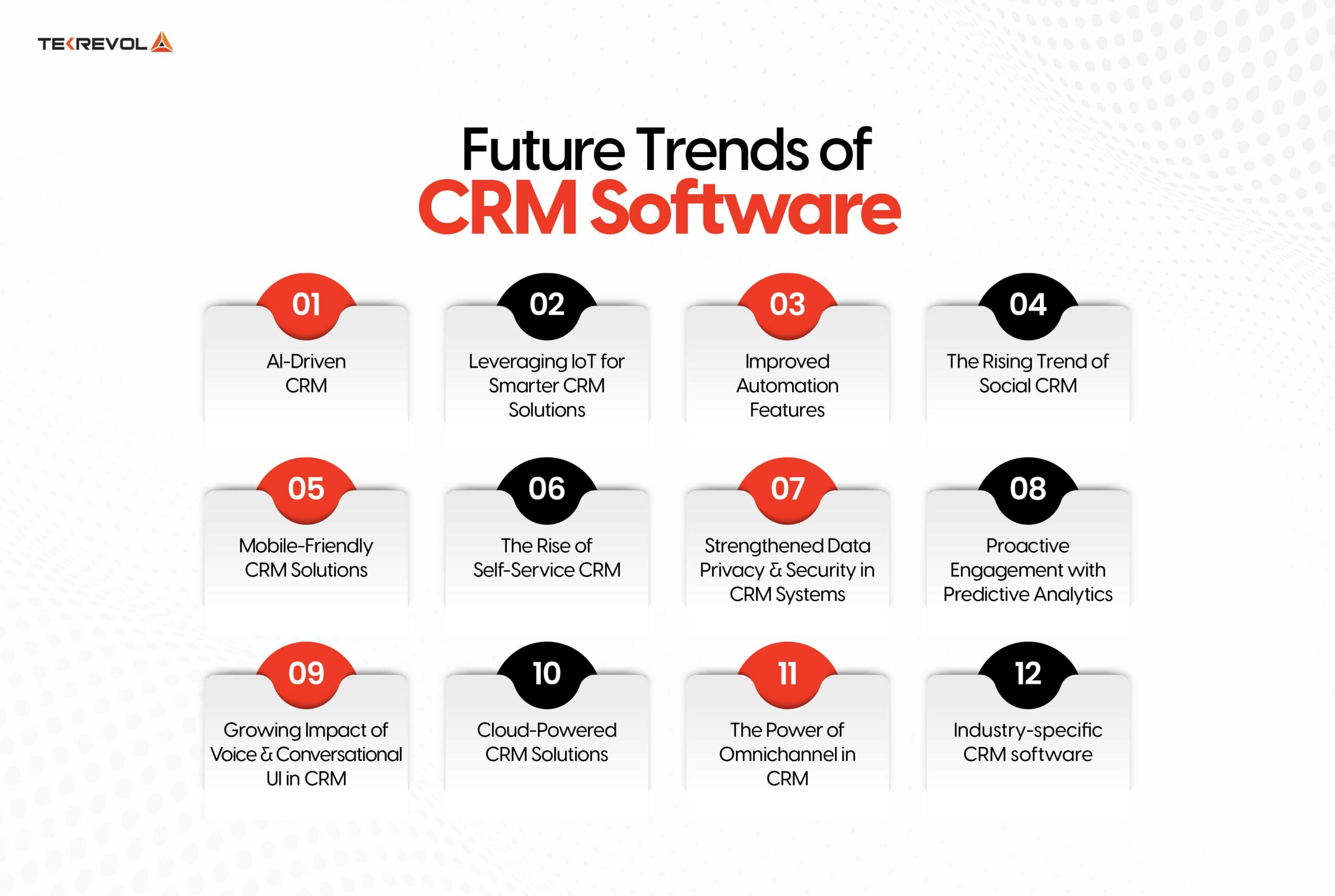
Introduction: The Power of CRM Marketing ROI
In today’s fiercely competitive business landscape, understanding and maximizing Return on Investment (ROI) is paramount. Businesses are constantly seeking ways to optimize their marketing efforts, and one of the most effective strategies involves leveraging the power of Customer Relationship Management (CRM) marketing. This article delves into the intricacies of CRM marketing ROI, providing a comprehensive guide to understanding, implementing, and measuring its success. We’ll explore the core concepts, best practices, and real-world examples to help you transform your CRM system into a revenue-generating powerhouse.
What is CRM Marketing? Defining the Core Concepts
Before we dive into ROI, let’s establish a solid understanding of CRM marketing. At its heart, CRM marketing is a strategic approach that uses CRM systems to manage and analyze customer interactions and data throughout the customer lifecycle. This includes everything from initial contact and lead nurturing to sales, customer service, and ongoing engagement. The primary goal is to build strong, lasting customer relationships, ultimately leading to increased sales, customer loyalty, and brand advocacy.
Key components of CRM marketing include:
- Customer Data Management: Collecting, organizing, and analyzing customer data to gain a deeper understanding of customer behavior, preferences, and needs.
- Segmentation: Dividing customers into distinct groups based on shared characteristics, allowing for targeted marketing campaigns.
- Personalization: Tailoring marketing messages and experiences to individual customer preferences, creating a more relevant and engaging experience.
- Automation: Using CRM tools to automate repetitive tasks, such as email marketing, lead nurturing, and follow-up activities, freeing up time for more strategic initiatives.
- Analytics and Reporting: Tracking key metrics, such as conversion rates, customer lifetime value, and ROI, to measure the effectiveness of marketing campaigns and make data-driven decisions.
Effective CRM marketing goes beyond simply storing customer data; it’s about using that data to drive meaningful interactions and create a customer-centric approach to business.
Understanding CRM Marketing ROI: The Metrics That Matter
Measuring the ROI of CRM marketing requires a clear understanding of the relevant metrics. It’s not just about tracking sales; it’s about analyzing the entire customer journey and identifying the impact of CRM initiatives at each stage. Here are some of the key metrics to consider:
- Customer Acquisition Cost (CAC): The cost of acquiring a new customer. This includes marketing expenses, sales salaries, and other related costs.
- Customer Lifetime Value (CLTV): The predicted revenue a customer will generate throughout their relationship with your business. This is a crucial metric for understanding the long-term value of your CRM efforts.
- Conversion Rates: The percentage of leads that convert into customers. CRM systems can track conversion rates at various stages of the sales funnel.
- Lead Generation: The number of leads generated through CRM-driven marketing campaigns. This can include leads from website forms, email sign-ups, and other sources.
- Sales Revenue: The total revenue generated from sales activities. CRM systems can track sales revenue by product, customer segment, and marketing campaign.
- Customer Retention Rate: The percentage of customers who remain loyal to your business over a specific period. CRM marketing plays a significant role in improving customer retention.
- Customer Satisfaction (CSAT): A measure of customer happiness with your products, services, and overall experience. CRM systems can be used to collect and analyze customer feedback.
- Net Promoter Score (NPS): A metric that measures customer loyalty and willingness to recommend your business to others.
- Marketing Return on Investment (MROI): The overall profitability of your marketing campaigns, calculated by dividing the revenue generated by the marketing cost.
By tracking these metrics, you can gain a comprehensive view of your CRM marketing ROI and identify areas for improvement.
Calculating CRM Marketing ROI: A Step-by-Step Guide
Calculating CRM marketing ROI requires a systematic approach. Here’s a step-by-step guide to help you through the process:
- Define Your Goals: Before you start, clearly define your CRM marketing objectives. What are you hoping to achieve? Increase sales? Improve customer retention? Generate more leads? Your goals will determine the metrics you need to track.
- Choose Your Metrics: Select the key metrics that align with your goals. Focus on the metrics that will provide the most valuable insights into your CRM marketing performance.
- Gather Data: Collect data from your CRM system, marketing automation platforms, and other relevant sources. Ensure the data is accurate and reliable.
- Calculate Your Costs: Identify all the costs associated with your CRM marketing efforts. This includes the cost of your CRM software, marketing automation tools, salaries of marketing and sales staff, and any other expenses related to your campaigns.
- Calculate Your Revenue: Determine the revenue generated as a direct result of your CRM marketing activities. This can be challenging, but it’s crucial for calculating ROI. You may need to use attribution models to assign revenue to specific campaigns.
- Calculate ROI: Use the following formula to calculate your CRM marketing ROI:
ROI = ((Revenue – Cost) / Cost) * 100
For example, if your CRM marketing campaign generated $100,000 in revenue and cost $20,000, your ROI would be ((100,000 – 20,000) / 20,000) * 100 = 400%. - Analyze Your Results: Once you’ve calculated your ROI, analyze the results. What worked well? What could be improved? Use these insights to optimize your future CRM marketing campaigns.
- Track and Refine: CRM marketing ROI is not a one-time calculation. Continuously track your metrics, analyze your results, and refine your strategies to maximize your ROI over time.
By following these steps, you can gain a clear understanding of your CRM marketing ROI and make data-driven decisions to improve your marketing performance.
Strategies to Maximize CRM Marketing ROI
Maximizing CRM marketing ROI requires a strategic approach that encompasses various aspects of your marketing efforts. Here are some key strategies to consider:
- Data Quality and Hygiene: Ensure your CRM data is accurate, complete, and up-to-date. Cleanse your data regularly to remove duplicates, correct errors, and ensure data consistency.
- Segmentation and Targeting: Segment your customer base into distinct groups based on demographics, behavior, and preferences. This allows you to tailor your marketing messages to specific segments, increasing relevance and engagement.
- Personalization: Personalize your marketing communications to individual customers. Use their names, purchase history, and other relevant data to create a more personalized experience.
- Automation: Automate repetitive tasks, such as email marketing, lead nurturing, and follow-up activities. Automation frees up your team’s time and ensures consistent communication with your customers.
- Lead Scoring and Nurturing: Implement lead scoring to prioritize leads based on their likelihood to convert. Nurture leads with targeted content and communications to move them through the sales funnel.
- Omnichannel Marketing: Engage customers across multiple channels, such as email, social media, SMS, and phone. Provide a seamless and consistent experience across all channels.
- Customer Journey Mapping: Map out the customer journey to understand how customers interact with your business at each stage. This will help you identify areas for improvement and optimize the customer experience.
- A/B Testing: Continuously test different marketing messages, subject lines, and calls to action to optimize your campaigns.
- Integration with Other Systems: Integrate your CRM system with other business systems, such as your website, e-commerce platform, and accounting software. This will provide a more holistic view of your customers and their interactions with your business.
- Regular Reporting and Analysis: Regularly track and analyze your CRM marketing metrics. Use these insights to identify areas for improvement and optimize your strategies.
By implementing these strategies, you can significantly improve your CRM marketing ROI and achieve your business goals.
Real-World Examples of Successful CRM Marketing ROI
Let’s look at some real-world examples of how businesses have successfully leveraged CRM marketing to achieve impressive ROI:
- Example 1: E-commerce Retailer: An e-commerce retailer implemented a CRM system to track customer purchase history, browsing behavior, and demographics. They segmented their customers based on these factors and sent targeted email campaigns promoting relevant products. They also personalized their website experience based on customer preferences. As a result, they saw a 20% increase in sales, a 15% increase in customer retention, and a 300% ROI on their CRM marketing investment.
- Example 2: SaaS Company: A SaaS company used its CRM system to automate lead nurturing and sales follow-up. They implemented lead scoring to prioritize leads and sent targeted email sequences based on lead behavior. They also used CRM data to personalize product demos and onboarding processes. This resulted in a 25% increase in conversion rates, a 10% reduction in customer churn, and a 500% ROI on their CRM marketing efforts.
- Example 3: Financial Services Firm: A financial services firm utilized its CRM system to track customer interactions, manage customer relationships, and provide personalized financial advice. They used the CRM to streamline their sales process, improve customer service, and identify cross-selling opportunities. The firm experienced a 15% increase in revenue, a 20% improvement in customer satisfaction, and a 450% ROI on their CRM investment.
These examples demonstrate the potential of CRM marketing to drive significant ROI across various industries.
Challenges and Pitfalls to Avoid in CRM Marketing
While CRM marketing offers significant benefits, there are also potential challenges and pitfalls to be aware of:
- Poor Data Quality: Inaccurate, incomplete, or outdated data can undermine your CRM marketing efforts. Invest in data cleansing and hygiene to ensure your data is reliable.
- Lack of Integration: If your CRM system is not integrated with other business systems, you may not have a complete view of your customers. Ensure seamless integration to maximize the value of your CRM data.
- Insufficient Training: If your team is not properly trained on how to use your CRM system, they may not be able to leverage its full potential. Provide comprehensive training to ensure your team is proficient in using the system.
- Lack of Personalization: Generic marketing messages can be ineffective. Personalize your communications to individual customers to create a more relevant and engaging experience.
- Ignoring Customer Feedback: Failing to listen to customer feedback can lead to dissatisfaction and churn. Use your CRM system to collect and analyze customer feedback and make improvements based on their input.
- Over-reliance on Automation: While automation can be beneficial, don’t over-rely on it. Ensure your marketing efforts are still human and authentic.
- Lack of Measurement: Without proper measurement, you won’t know if your CRM marketing efforts are successful. Track your key metrics and analyze your results to optimize your campaigns.
- Choosing the Wrong CRM: Not all CRM systems are created equal. Select a system that aligns with your business needs and goals.
By being aware of these challenges and pitfalls, you can avoid them and maximize your chances of success with CRM marketing.
The Future of CRM Marketing and ROI
The future of CRM marketing is bright, with exciting advancements on the horizon. Here are some key trends to watch:
- Artificial Intelligence (AI): AI will play an increasingly important role in CRM marketing, automating tasks, personalizing experiences, and providing data-driven insights.
- Machine Learning (ML): ML algorithms will be used to predict customer behavior, identify opportunities, and optimize marketing campaigns.
- Hyper-Personalization: Businesses will be able to deliver even more personalized experiences based on individual customer preferences and behaviors.
- Voice Marketing: Voice assistants will become increasingly important channels for marketing and customer engagement.
- Data Privacy and Security: Data privacy and security will remain top priorities, with businesses needing to comply with regulations like GDPR and CCPA.
- Integration with Emerging Technologies: CRM systems will continue to integrate with emerging technologies, such as the Metaverse and Web3, to create new marketing opportunities.
As these trends evolve, businesses that embrace them will be best positioned to maximize their CRM marketing ROI and stay ahead of the competition.
Conclusion: Harnessing the Power of CRM for Maximum ROI
CRM marketing is a powerful strategy for driving business growth and maximizing ROI. By understanding the core concepts, implementing effective strategies, and continuously measuring and refining your efforts, you can transform your CRM system into a revenue-generating engine. Remember to focus on data quality, personalization, automation, and customer-centricity. By embracing the latest trends and staying ahead of the curve, you can unlock the full potential of CRM marketing and achieve sustainable success.
By implementing the strategies discussed in this article, businesses can build stronger customer relationships, increase sales, improve customer retention, and ultimately, achieve a higher return on their CRM marketing investments. The key is to approach CRM marketing strategically, focusing on the customer and using data to drive informed decisions. With the right approach, CRM marketing can be a game-changer for any business looking to thrive in today’s competitive marketplace.




